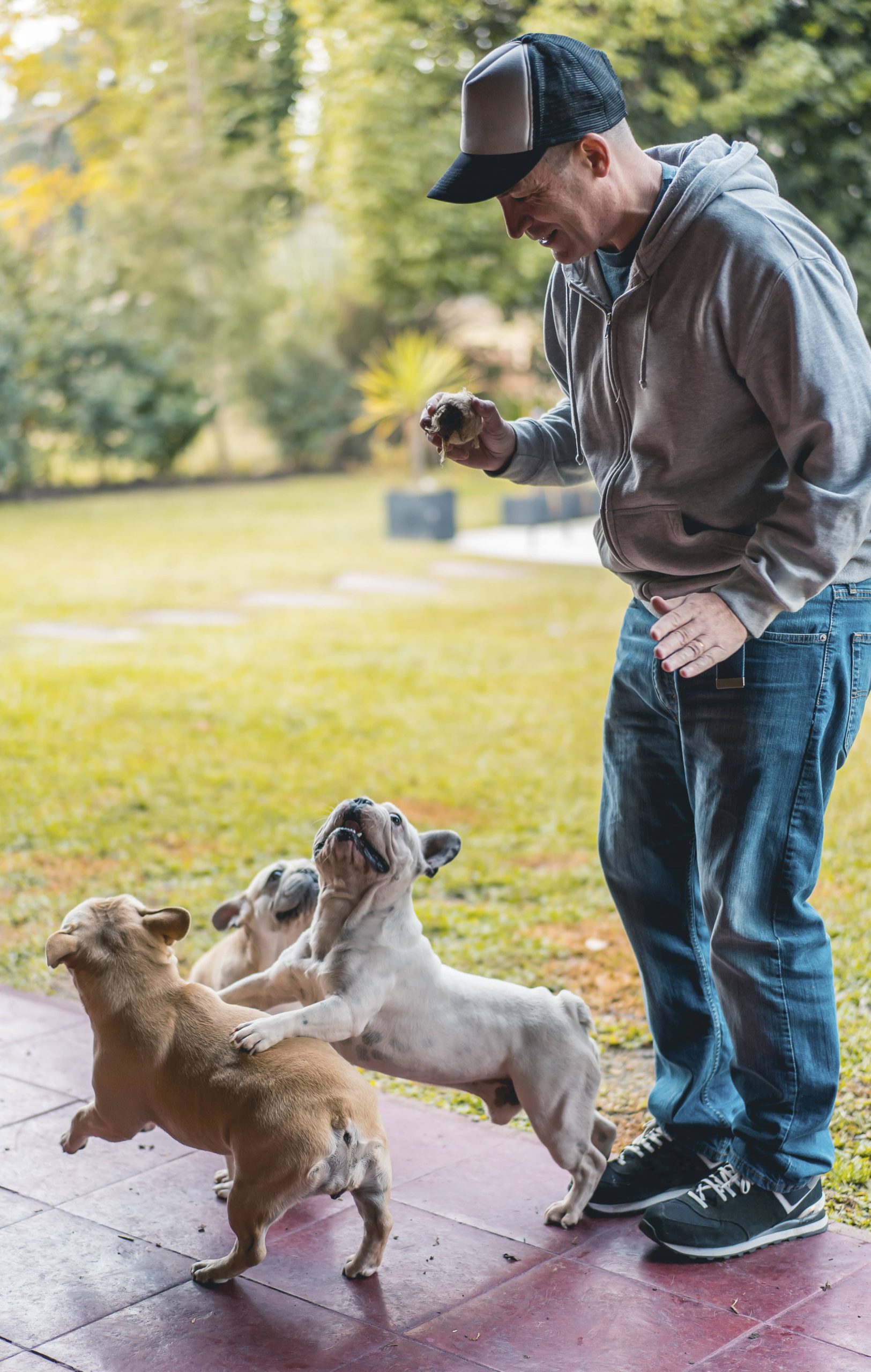
Dogs are known for their curiosity and playful nature. One common behavior that many dog owners struggle with is digging. Whether it’s the garden, the backyard, or even your living room carpet, digging can be destructive, frustrating, and hard to understand from a human perspective. However, it’s essential to grasp why dogs dig and how to curtail this behavior lovingly and effectively.
The Natural Instinct of Digging
Digging is a natural instinct for dogs. This behavior stems from their wild ancestors, who had practical reasons for digging. Dogs would dig to find food, create a den for shelter and protection, or even to hide away their stash for future use. Although domesticated dogs do not need to perform these tasks, the instinct remains.
Reasons Dogs Dig
1. Seeking Comfort or Shelter
Dogs might dig to find comfort or to create a small, cool space to lie down, especially in warm weather. They could also be seeking shelter from the elements or a safe place to hide, similar to their wild relatives.
2. Entertainment and Play
Dogs enjoy playtime, and for some, digging is a fun activity. It provides mental and physical stimulation, especially if they don’t have other outlets for energy. This could be more prominent in breeds historically used for digging and burrowing, such as terriers.
3. Hunting
Some dogs dig because they smell something underground, such as insects or small animals. This is a natural hunting behavior and is especially common in dogs with strong prey drives.
4. Attention-Seeking Behavior
If a dog learns that digging gets attention, even if it’s negative, it might continue the behavior. For instance, if you respond to digging by immediately running over to scold them, they might take this as a form of attention and continue to dig to get more of it.
5. Escape Attempts
Dogs might dig to escape their confines. Whether it’s to explore the world, find a mate, or escape something that frightens them, digging might provide the means to an end.
6. Anxiety or Fear
Separation anxiety or other types of fear can also lead to digging. Dogs might dig as a coping mechanism to soothe their anxiety.
7. Boredom
A dog left alone in a yard with nothing to do is likely to find some activity, and digging is a common choice. Boredom can lead to various unwanted behaviors, including destructive digging.
How to Prevent Digging
Once you understand why your dog is digging, you can take steps to prevent it. It’s important to tailor your approach based on the root cause of the behavior.
1. Provide Adequate Exercise and Mental Stimulation
A well-exercised dog is less likely to engage in destructive behaviors. Ensure your dog gets plenty of physical exercise through walks, playtime, and other activities. Mental stimulation is also crucial. Consider puzzle toys, training sessions, or interactive play to keep your dog mentally engaged.
2. Create a Digging Zone
If your dog loves to dig, provide a designated area where they can dig without causing damage. You can fill a sandbox or a specific corner of the yard with soft soil and encourage your dog to dig there by burying toys or treats. Training your dog to use this designated area can help redirect their natural digging behavior.
3. Remove Temptations
If your dog is digging because they smell rodents or other small animals, take steps to deter these creatures from your yard. Secure trash and remove any potential food sources. Additionally, ensure your dog cannot see or smell anything that might trigger their prey drive.
4. Provide Shelter and Comfort
Ensure your dog has a comfortable and secure place to rest, particularly in hot weather. Provide a shaded area with a cool bed or mat for them to lounge on. When indoors, create a cozy den-like space with their crate or bed where they can feel secure.
5. Address Separation Anxiety
If your dog digs out of separation anxiety, gradually desensitize them to being alone. Provide them with comfort items, such as a piece of your clothing, and enlist the help of a professional trainer or behaviorist if needed.
6. Avoid Reinforcing Bad Behavior
Do not reward digging with attention. Instead, reinforce positive behaviors with praise, treats, or play. If you catch your dog digging, redirect them to a more appropriate activity and reward them when they comply.
7. Secure Your Yard
Ensure your yard is secure to prevent escape attempts. Install barriers that your dog cannot dig under, such as buried chicken wire or concrete edging around the perimeter of your fence.
Conclusion
Understanding why your dog digs is the first step towards preventing this behavior. By addressing the root cause and providing appropriate outlets for their energy and instincts, you can help your dog develop healthier habits. Patience, consistency, and compassion are key components in training and modifying your dog’s behavior. Remember that digging is natural for dogs, and with the right strategies, you can manage and redirect this behavior effectively. Happy training!






